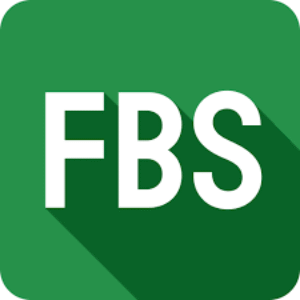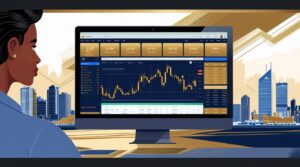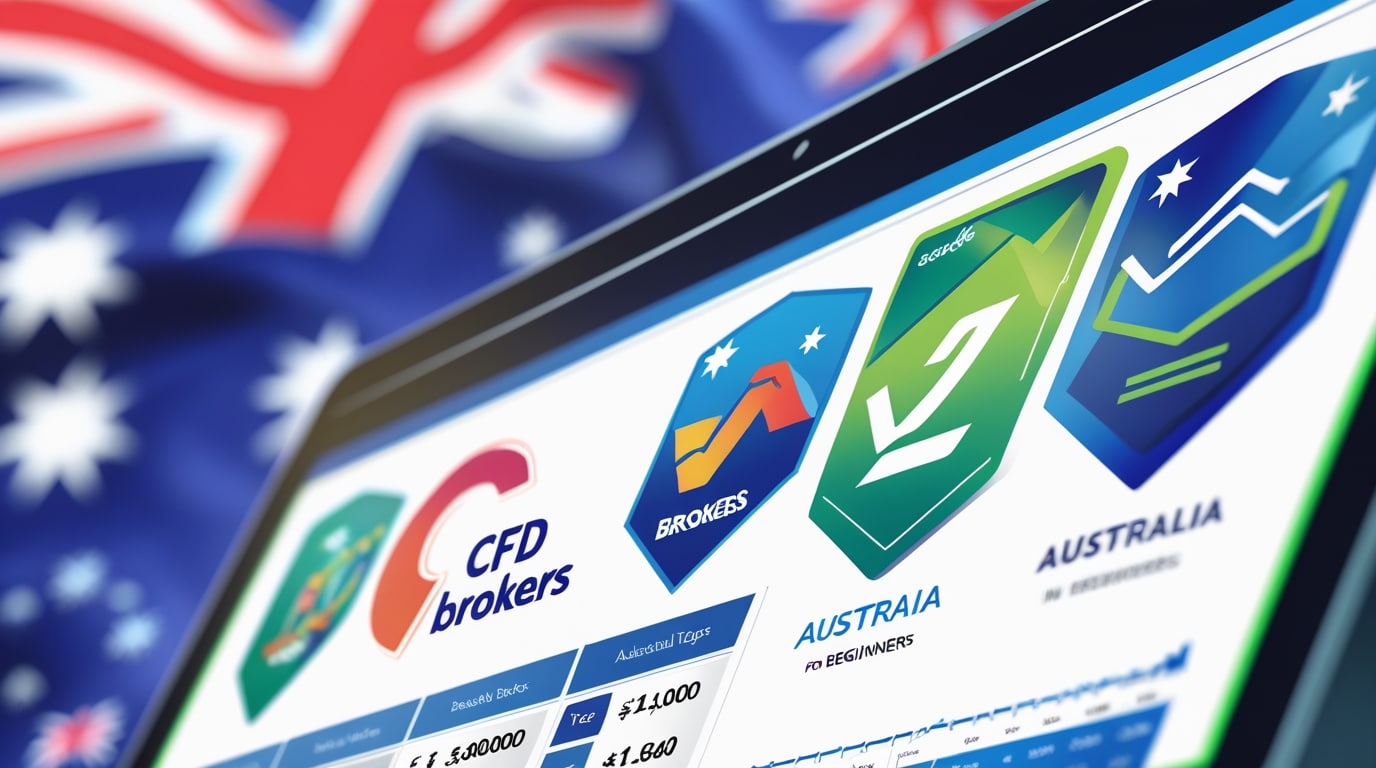
Contracts for Difference (CFDs) allow traders to speculate on the price movements of assets—such as forex, commodities, indices and shares—without owning the underlying item. In Australia, the market is regulated by Australian Securities and Investments Commission (ASIC), which imposes rules around leverage, account segregation and negative balance protection.For beginners, choosing one of the best CFD brokers means finding one with a simple interface, strong education resources, transparent fees and regulation you can trust.
Key criteria for choosing beginner-friendly CFD brokers
When comparing CFD brokers suitable for those just starting out, pay attention to:
• Regulation and safety: ASIC regulation is a strong signal of credibility.
• Ease of use: A platform that’s intuitive, with demo account access and solid tutorials.
• Cost structure: Low minimum deposits, clear spread/commission costs, transparent fees.
• Support & education: Good customer support plus accessible learning content to build your skills.
• Product range: Enough variety to explore but not so much that you get overwhelmed.
Top five CFD brokers for beginners in Australia
* Minimum deposit varies by account type and currency; check current terms.
- Plus500
This broker is often highlighted for its very straightforward entry-point for beginners in Australia. The user interface is clean and designed for ease of use: according to reviews, many users say it’s intuitive and suitable if you’re just starting out. For example, one user noted that they found “the most user-friendly app I’ve tried” when using Plus500.
It supports a demo account, which is a major plus for beginners wanting to practice without risk. On the flip side, some reviewers point out that spreads might be wider than the most advanced brokers, and some features (like advanced charting tools) may be limited.

For someone just starting, the low barrier to entry and clear interface make Plus500 a very good option—especially if your initial aim is to learn rather than immediately deploy complex strategies.
- AvaTrade
AvaTrade stands out for its strong educational support and solid reputation. The user reviews show a high level of customer satisfaction with how the support team helps beginners. For instance, reviewers note the verification process was simple and support staff “went above and beyond”.
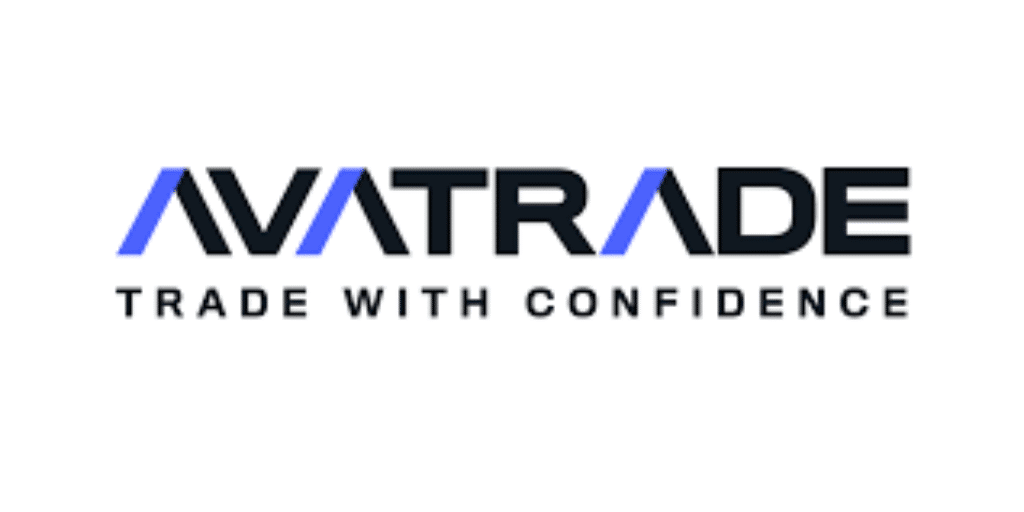
Platforms offered include standard ones like MT4/MT5 plus their own app, giving flexibility as you grow. A beginner can start using a simpler interface, then gradually move to more advanced tools as they feel comfortable. One potential limitation: some users say that during volatile periods the interface may lag or certain order types may be less responsive. In sum, AvaTrade is very suitable for a beginner seeking a regulated broker with educational focus, and with enough room to grow.
- Capital.com
Capital.com is particularly strong for beginners thanks to its intuitive platform design and emphasis on learning. Reviews talk about the platform being “intuitive,” “user-friendly,” and offering strong educational resources.

One key advantage is that you don’t feel pressured into large minimums or complex features right away – you can scale your experience. On the other hand, because it’s very beginner-friendly, you might find fewer of the ultra-advanced features you’d eventually want, but that’s fine early on.
If you’re someone who prefers a gentle entry into CFDs, rather than diving straight into high-end trading tools, Capital.com is a very good match.
- IC Markets
IC Markets is a more full-feature broker, which makes it interesting for beginners who already know they plan to grow and adopt more advanced strategies. It is ASIC-regulated (ensuring a level of protection) and offers many CFDs, tight spreads and good execution.
That said, because it offers more advanced tools and functions, the learning curve may be steeper than with brokers purely tailored for novices. If you’re a beginner but ambitious (i.e., you want to scale up your trading over time), then IC Markets is a strong choice.
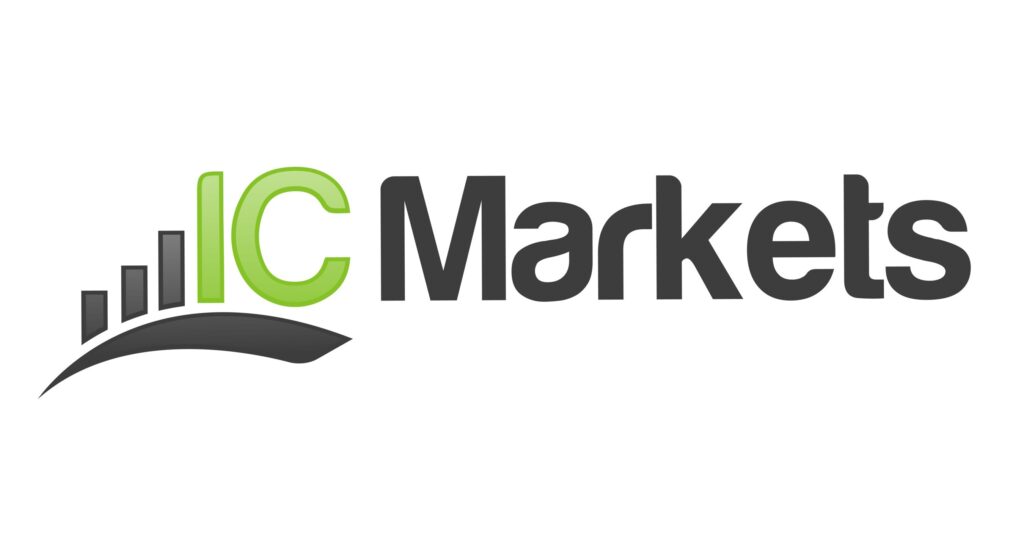
Remember: while “beginner-friendly” means accessible, you still must ensure you’re comfortable with the features, fees and risk controls (e.g., leverage) before diving in.
- Pepperstone
Pepperstone has a strong reputation in the Australian market, and it offers features that both beginners and more experienced traders appreciate. The availability of MT4/MT5/cTrader platforms means you’re not limited as you grow.
For a beginner, the appeal lies in starting on a regulated broker that you know can support you as you progress. You may begin using simpler account types or demo mode, then gradually access more advanced services.
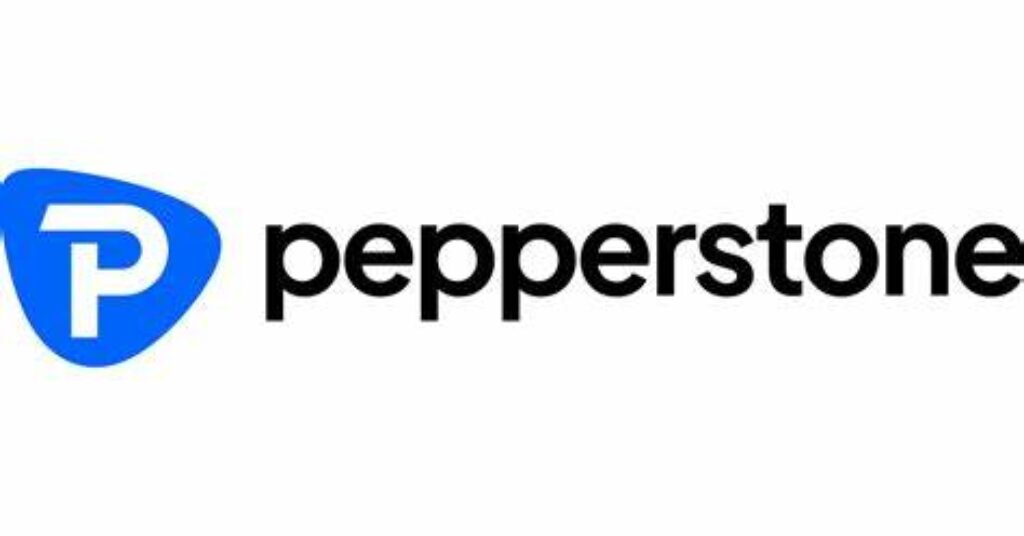
One caveat: if you’re purely starting out, you may not immediately need all the advanced features, so your early experience might feel a little “too capable”, but that can be a positive – you have headroom for growth.
In short, if you are just starting and want simplicity: Plus500 and Capital.com are excellent. If you want a strong regulator + learning environment with room to grow: AvaTrade, Pepperstone and IC Markets are very good. Make sure you also factor in platform experience, minimum deposit, demo access, educational content, cost structure, and regulation which ensure your funds are protected and your learning curve is managed.
What beginners should focus on when using a CFD broker
As a beginner, it’s important to build strong trading habits right away. Start with a demo account to familiarise yourself with the platform. Explore the educational tools offered by the broker before risking real capital. Practice using stop-loss orders, position sizing and risk management techniques. Understand how the broker charges spreads, commissions and overnight swap fees. Make sure your broker is ASIC-regulated—this gives you stronger protection. Avoid jumping straight into complex strategies or high leverage: you’ll do best by focusing on a few instruments, mastering the basics, and keeping your risk limited.
Common beginner mistakes and how to avoid them
• Jumping into live trades without using a demo first.
• Ignoring the learning resources that brokers provide.
• Using high leverage immediately — this increases potential losses as well as gains.
• Choosing a broker solely by low cost rather than by reliability or educational support.
• Trading overly many instruments too soon instead of mastering a few.
Conclusion
For beginner traders in Australia looking for the best CFD brokers, the five listed—Plus500, AvaTrade, Capital.com, IC Markets and Pepperstone—offer excellent starting points. They combine regulation, usability, educational support and variety in offerings. The right broker will feel user-friendly today and robust enough to support you as your skills grow. Remember, trading CFDs is high-risk and it is critical to trade only with funds you can afford to lose, use the demo account, and learn the basics properly before scaling up.
Frequently Asked Questions
1. Is CFD trading suitable for beginners in Australia?
Yes, but it comes with higher risk due to leverage and complexity. Beginners should start slowly, use demo accounts and choose brokers that emphasise education and usability.
2. What is the most important factor when selecting a beginner-friendly CFD broker?
The strongest factor is credible regulation (ASIC in Australia), combined with an intuitive trading platform and good educational resources.
3. Do beginners need to pay high minimum deposits to start CFD trading?
Not necessarily. Many brokers listed allow relatively modest deposits for beginners. However you should check current terms and deposit requirements at each broker.
4. What platform should a beginner use when trading CFDs?
Beginners should choose brokers offering platforms like MT4/MT5 or proprietary systems that are intuitive and include demo modes. This helps you learn without pressure.
5. How much leverage should a beginner use when trading CFDs?
A beginner should use low leverage and ensure strict risk management (stop-losses, defined position sizes). Leverage magnifies both gains and losses, so using conservative settings is wise.If you like, I can prepare an extended comparison chart of the top 10 CFD brokers in Australia for beginners, including fees, minimum deposits, platform features and pros/cons. Would you like me to do that?




